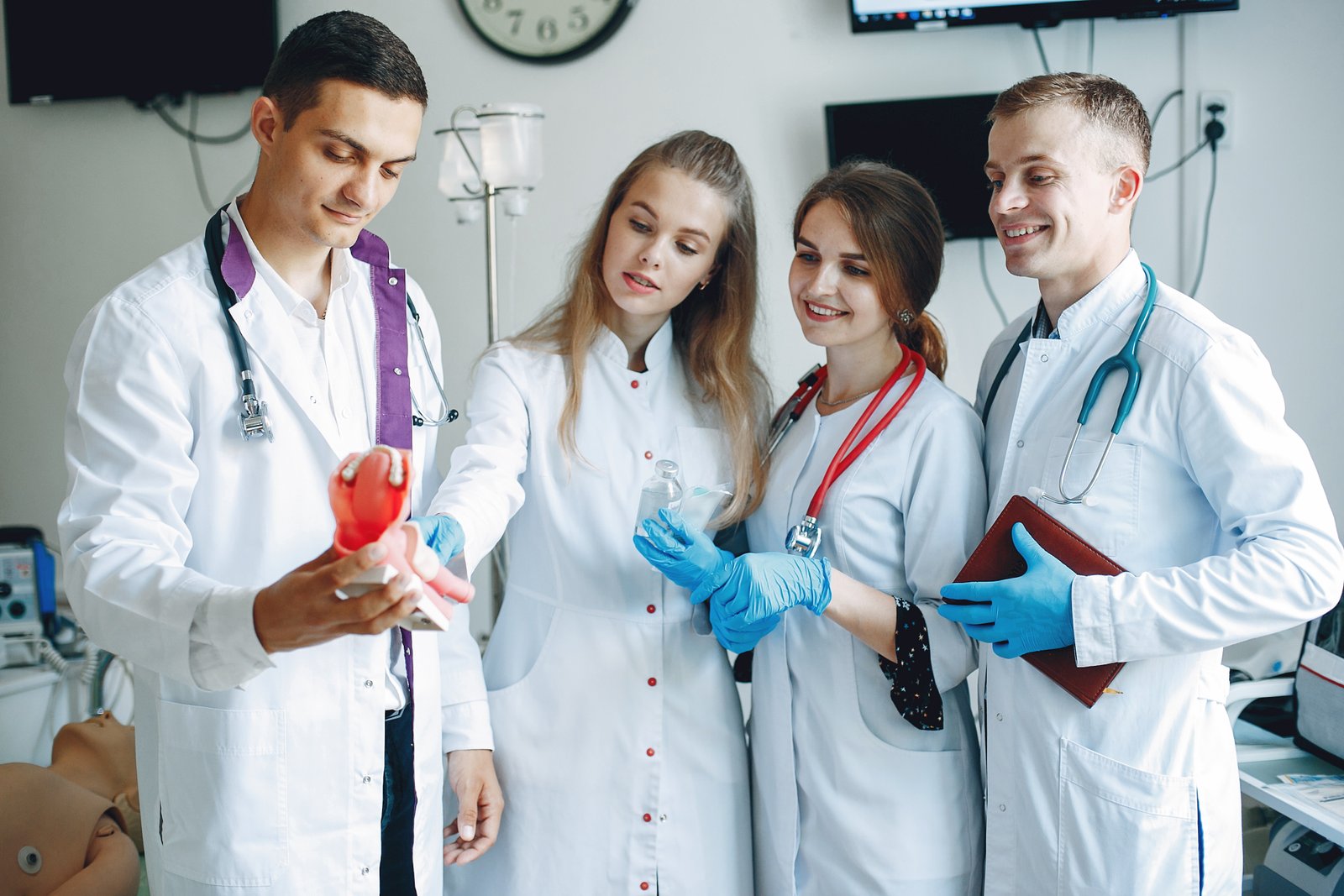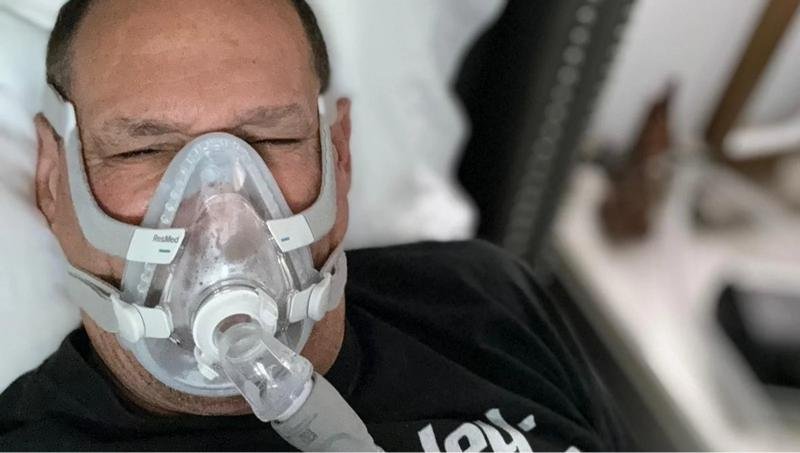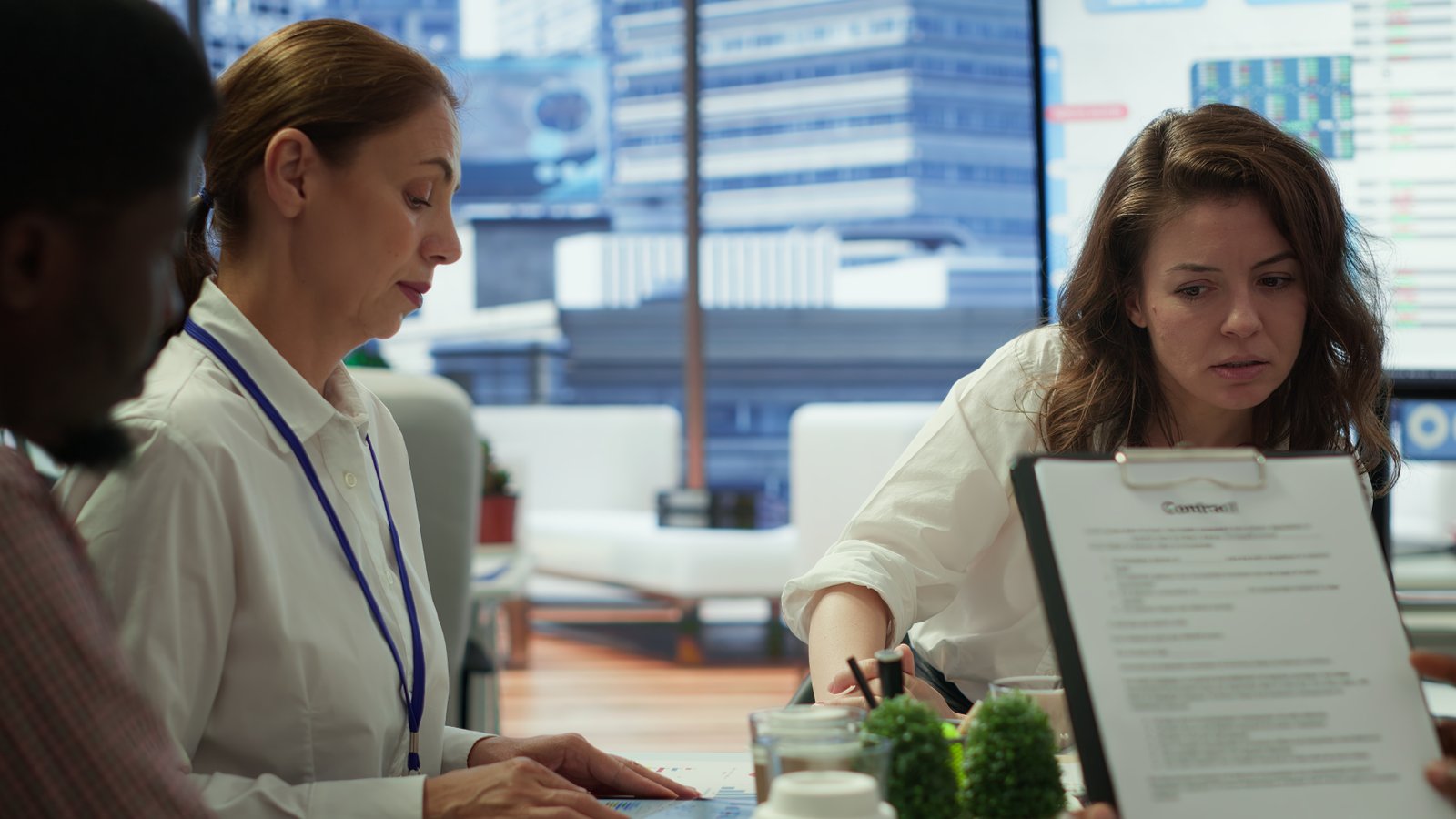When I was diagnosed with prostate cancer, I had a choice to make—one that extended beyond surgery, radiation, or medication. It was about the fuel I was putting into my body each day. I came to understand a simple but life-changing truth: food is either the most powerful form of medicine — or the slowest form of poison.
So I made a decision. If I truly wanted to heal, I had to stop poisoning myself. That meant reevaluating not only what I ate, but also how I thought about nutrition altogether.
“Nutrition isn’t a side note in the healing process—it’s a central chapter.” Vernell Burris, Jr.
I am under the care of four doctors: a primary Care Physician, a Urologist, a CyberKnife Radiation Oncologist, and a Hormone Therapy Oncologist. Each of them brings their expertise, and I am grateful for their roles in my treatment. But here’s what shocked me:
Not one of them ever mentioned diet, nutrition, or lifestyle changes. Not one.
That silence spoke volumes.
The Medical Nutrition Gap
Did You Know?
- Fewer than 25% of U.S. medical schools require a dedicated nutrition course.
- On average, medical students receive less than 20 hours of nutrition education over four years. Less than 1 semester!
- Yet, poor diet is now the leading cause of premature death in the United States.
So, I began my own research. What I found was both eye-opening and frustrating. How could something so critical to healing be so widely ignored by the medical field?
In my search, I uncovered strong links between prostate cancer and diet — particularly the impact of meat and dairy consumption. And while it’s true that prostate cancer can be genetic, that’s not the case for most people.
“The vast majority of prostate cancer cases—up to 90%—are influenced by lifestyle, not genetics.”
Understanding Risk: Genetic vs. Lifestyle
- Sporadic (non-hereditary) prostate cancer accounts for about 85–90% of cases. These are often linked to environmental and lifestyle factors, including diet.
- Hereditary (genetic) cases make up just 10–15% and are tied to inherited mutations like BRCA1, BRCA2, or HOXB13.
We can’t change our genes, but we can change what’s on our plate.
5 Food-as-Medicine Tips
Eat for Healing: A Prostate-Healthy Plate
- Add more plants – Leafy greens, cruciferous vegetables, and berries are rich in antioxidants.
- Limit red meat and dairy – Opt for plant-based proteins and non-dairy alternatives.
- Avoid ultra-processed foods – Reduce sugar, fried foods, and refined carbs.
- Stay hydrated – Water supports detoxification and cellular repair.
- Cook at home – Whole food preparation gives you full control of ingredients.
Nutrition is not an optional add-on. It’s a foundational part of healing. If the medical community won’t talk about it, then I will.
Because when it comes to your health, food is either fighting for you — or against you. I’ve chosen to make it my greatest ally.
“Food is either fighting for us or working against us. In my case, I’ve chosen to make it my ally.” Vernell Burris, Jr.












